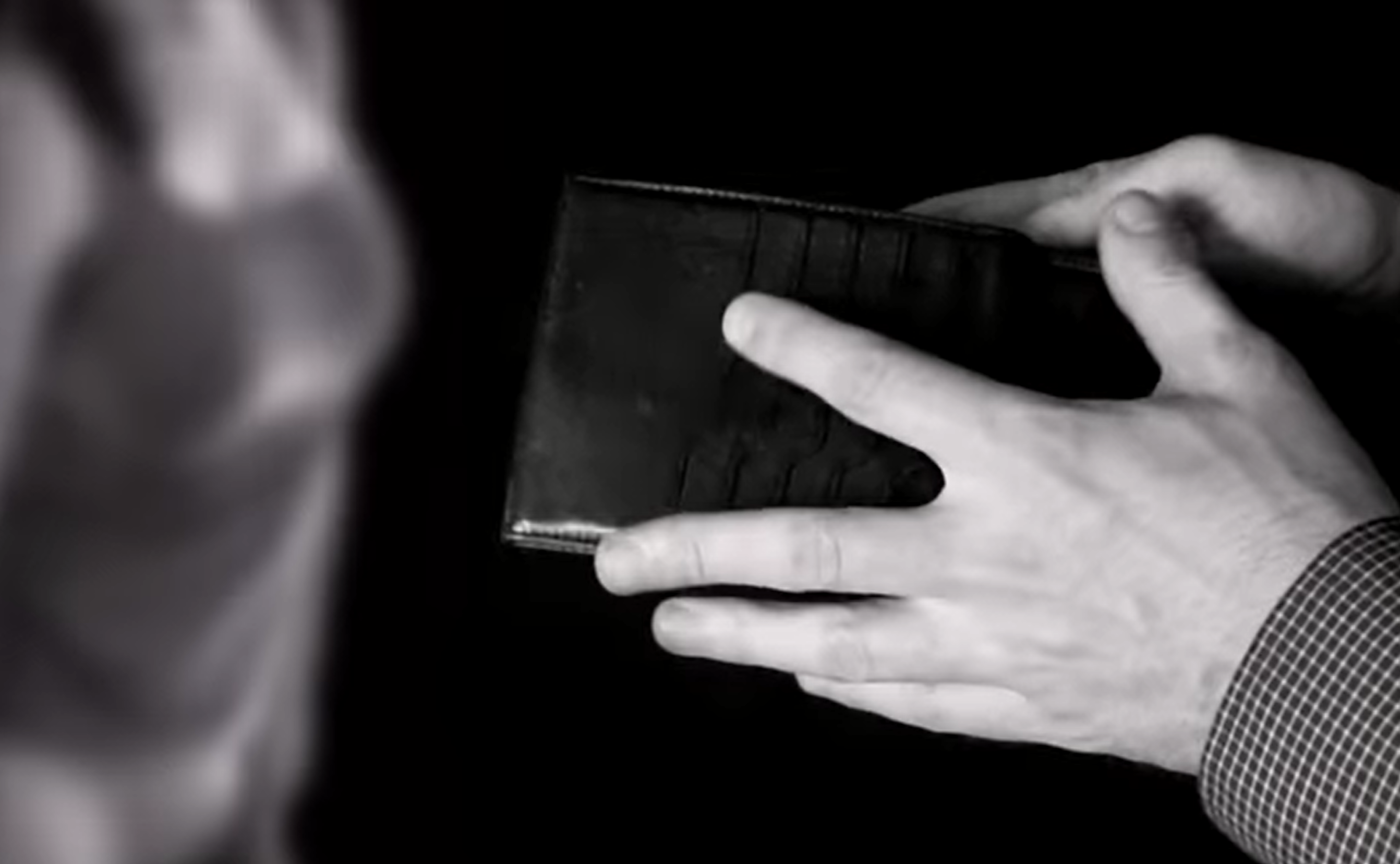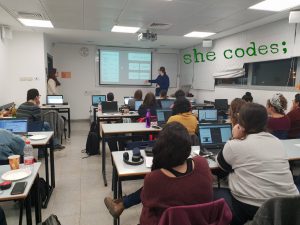Gender Equality


Home » Gender Equality » SDG 5- Fighting Human Trafficking, Protecting its Victims – Part 1
SDG 5- Fighting Human Trafficking, Protecting its Victims – Part 1
A year and a half after its approval by Israel’s parliament (Knesset), this past week a law took effect criminalizing the procurement of prostitution services. Building on previous measures, the new law is part of a wider government effort to combat sex trade and human trafficking in the country.
Implementation of the law at this particular time was strongly backed by Israel’s Justice Minister, who praised the bipartisan group of female MKs who saw through its adoption in late 2018. The ministries of Public Security and Community Empowerment, as well as civil society organizations, had acted for a delay until rehabilitation programs and enforcement capabilities were fully in place.
In this context, according to an “Haaretz” report approximately 70% of the NIS 30 million allocation transferred to government bodies to prepare for the law’s implementation has not yet been utilized. The report further states that the Social Services Ministry has just recently issued a tender for the establishment of relevant treatment centers, considered mainstays in the rehabilitation plan.


Application of the law dovetails with publication of the US State Department’s annual report which ranks Israel (page 272) as a world leader in the fight against human trafficking (for the ninth year running). According to the new report:
Israel “continued to demonstrate serious and sustained efforts during the reporting period; therefore Israel remained on Tier 1. These efforts included convicting more traffickers and identifying more trafficking victims overall. The government continued to operate shelters and other facilities that provided victims a wide variety of immediate and long-term care and rehabilitative services. The government forfeiture fund provided more monetary assistance to victims than in the previous reporting period.”
Among its recommendations to further strengthen measures, the report calls on Israel to “Proactively screen irregular African migrants to ensure trafficking victims among this population are not penalized for unlawful acts traffickers compel them to commit, such as immigration violations.”
Israel’s National Anti-Trafficking Unit, which operates under the auspices of the Justice Ministry pursuant to a 2006 government decision, coordinates different government bodies and between these and non-governmental organizations.
Trafficking in persons (especially women) for the purposes of prostitution and sexual exploitation is one of the most widely recognized forms of human trafficking worldwide in recent decades. As emphasized by UNICEF USA, the SDGs specifically mention fighting human trafficking in the targets of three goals: 5, 8, and 16. Relevant Israeli measures demonstrate the country’s ongoing efforts to implement the UN’s Sustainable Development Goals. As recent developments indicate, Israel recognizes its gravity and continues acting to both eliminate this scourge and protect its victims.
Related articles


SDG 5 – “Maala” 2023 ESG Index
Gender Equality “Maala,” the Environment, Social and Governance (ESG) standard-setting organization recently released its annual 2023 index on developments in the private sector at a


SDG 5- Reproductive Rights Reform
Gender Equality Just before all the noise surrounding the recent fall of Israel’s government, something no less ground breaking occurred: the Health Minister – who


SDG 5-She Codes; Her Way to High-Tech
Gender Equality Israel, a top 20 County in the Global Innovation Index 2018, fourth in Bloomberg’s innovation index and a recent report named Tel Aviv


















